Do you consider yourself an honest person?
Most people would consider themselves honest, because they "don't lie." But honesty is much more than simply averting lies, it's about responding with honesty and respect when faced with challenging conversations, and being transparent and effective in giving feedback when collaboration with others.
During a recent conversation with, Dr. Drea Zigarmi, Best-Selling Business Author and Professor for the Masters of Science Executive Leadership program at the University of San Diego, when asked about the most important thing he has learned during forty plus years of service in the field of Organizational Psychology, he paused with discernment, “I wish I would have become more skillful in having honest business conversations, early on in my career." He noted that the root of the problem was “only thinking about problems and challenges, but not skillfully addressing them through honest and transparent conversations”.
Dr. Zigarmi has used his real-life experiences through several companies he has founded, and his consulting work with Fortune 500 companies and professional sports franchises, to inform his students and clients about best practices and proven communication skills.
For Zigarmi, “there [is] no such thing as an organization, there is just people trying to manage systems.” He believes the hardest things organizations' face is not, making money, but rather learning how to manage processes and systems that help serve their clients more effectively. "Most organizations don't get that. They think they’re in the 'making money' business. But they're really in the managing systems business." Companies that learn how to effectively communicate, openly and honestly with one another, have a significant competitive advantage over those that are dysfunctional and ineffective at managing their systems and process.
Organizations as the Last Frontier - The Separation Between Research and Practice
When discussing the future of organizations, Dr. Zigarmi describe The Organization as "The Last Frontier" in human development because there is so much more to be explored and discovered in the field of human beings trying to manage systems—particularly how to simplify empirical research about human behavior in the workplace and make it useable in the organization's ecosystem. Given the dynamics of interpersonal relationships, "there is still a disconnect between the findings produced by organizational and leadership research and actual workplace behaviors."
Zigarmi goes on to explain, “We don’t look at leadership at the way we look at other disciplines like medicine and law. We should think of leadership as a practice. A practice that takes years of preparation and apprenticeship, before being able to actually proclaim you're a leader.”
Unlike science and or law, organizational and leadership development is not yet recognized as a proven field of study. The skills taken to be a great leader aren't evaluated with the same level of scrutiny as that of a doctor or a lawyer. Most organizations do not have the insights or expertise, let alone the tools, to implement professional growth strategies. "There is a universe of that work needs to be done to bridge the gap between what experts know about leadership development and how it’s actually put into practice," says Zigarmi.
Research to Action
What is leadership? People have different perceptions of what a good leader is or should do. Dr. Zigarmi defines leadership as, “the act of arousing, engaging, and satisfying the motives of those you're trying to influence, in the face of challenges, conflict, competition, or change, resulting in those influenced by leadership to take a course of action toward a mutual vision.”
But how does one put researched leadership theory into action? According to Zigarmi, by fostering a workplace culture that encourages honest, proactive communication. He acknowledges, “that’s easier said than done.” But according to Zigarmi, effective leaders need to “develop a tolerance for a greater amount of complexity in their problem- process and resolution.”
Elements of organizational culture, like effective communications, are complex. And, identifying and measuring healthy communication is a challenge. To mitigate some of the challenge, leaders can leverage what Zigarmi refers to as Employee Work Passion Factors. Dr. Zigarmi developed to create a plan for cultivating connection and honest feedback at their organization. Three of the most critical factors for Employee Work Passion specifically relate to honest communication:
- Connectedness with Leaders
- Connectedness with Colleagues
- Effective Feedback
The three critical factors can be framed in a series of effective questions to analyze how honest we are collaborating with each other.
- “Can you frequently tell your truth to power without being punished for doing so?
- “What kind of opportunities to does your organization create that allows for leaders to build rapport with their team?”
- “When do you meaningfully connect with your colleagues?”
By telling our "truth to power," that is how free we are to express ourselves in the workplace, we have the autonomy to come up with creative and innovative ways to serve clients and improve processes that help us become more effective in working toward a common vision.
“When leadership is done well, being honesty and open with one another, people get fired up,” says Dr. Zigarmi. This “fire” fuels the passion of employees to intentionally perform at elevated levels and translates into passionate service of the clients, and ultimately produce bottom line business results. The last frontier of human development will be founded on the ability of leaders and individuals to be honest with each other in how the will discover and overcome the challenges they face in the organization of the 21st century.

